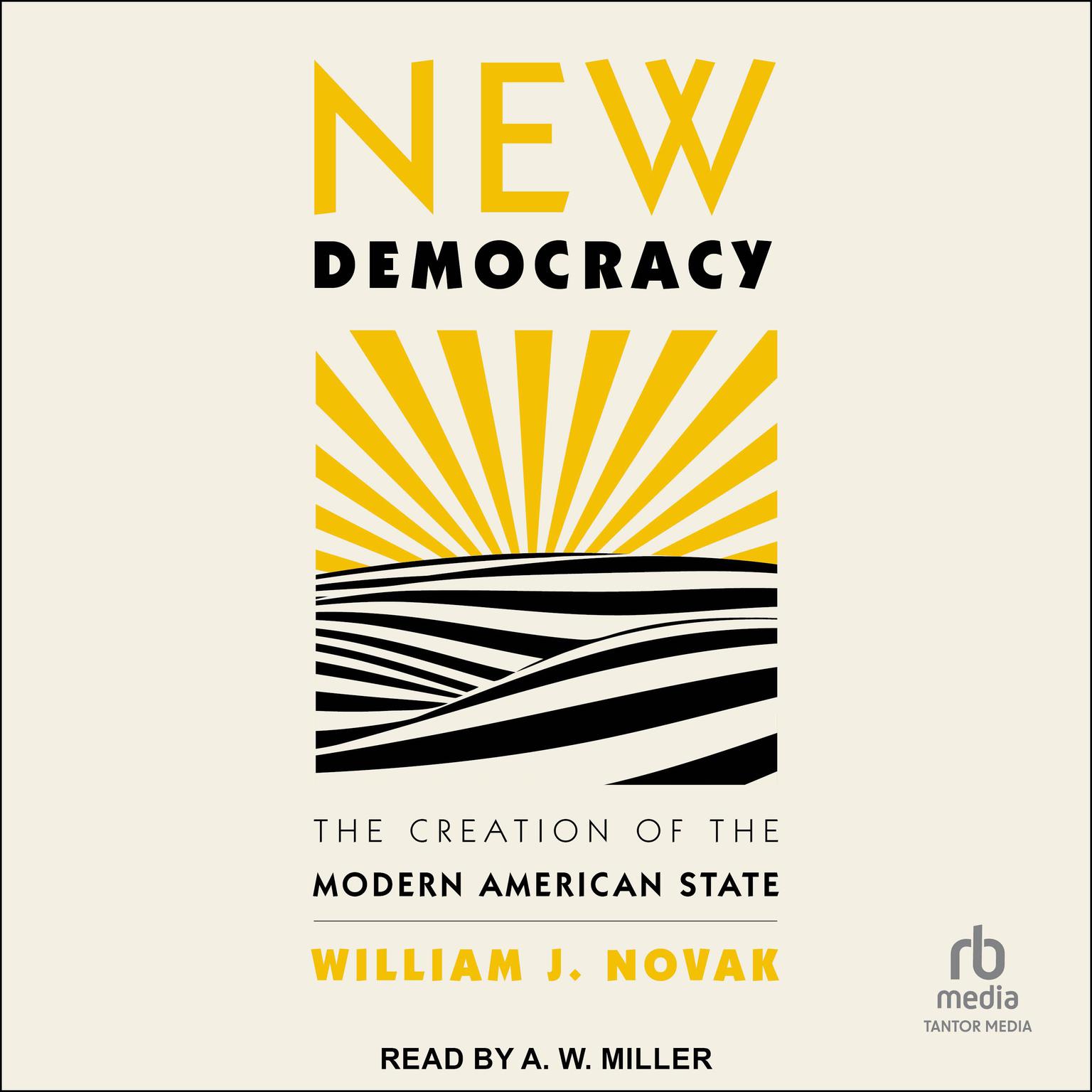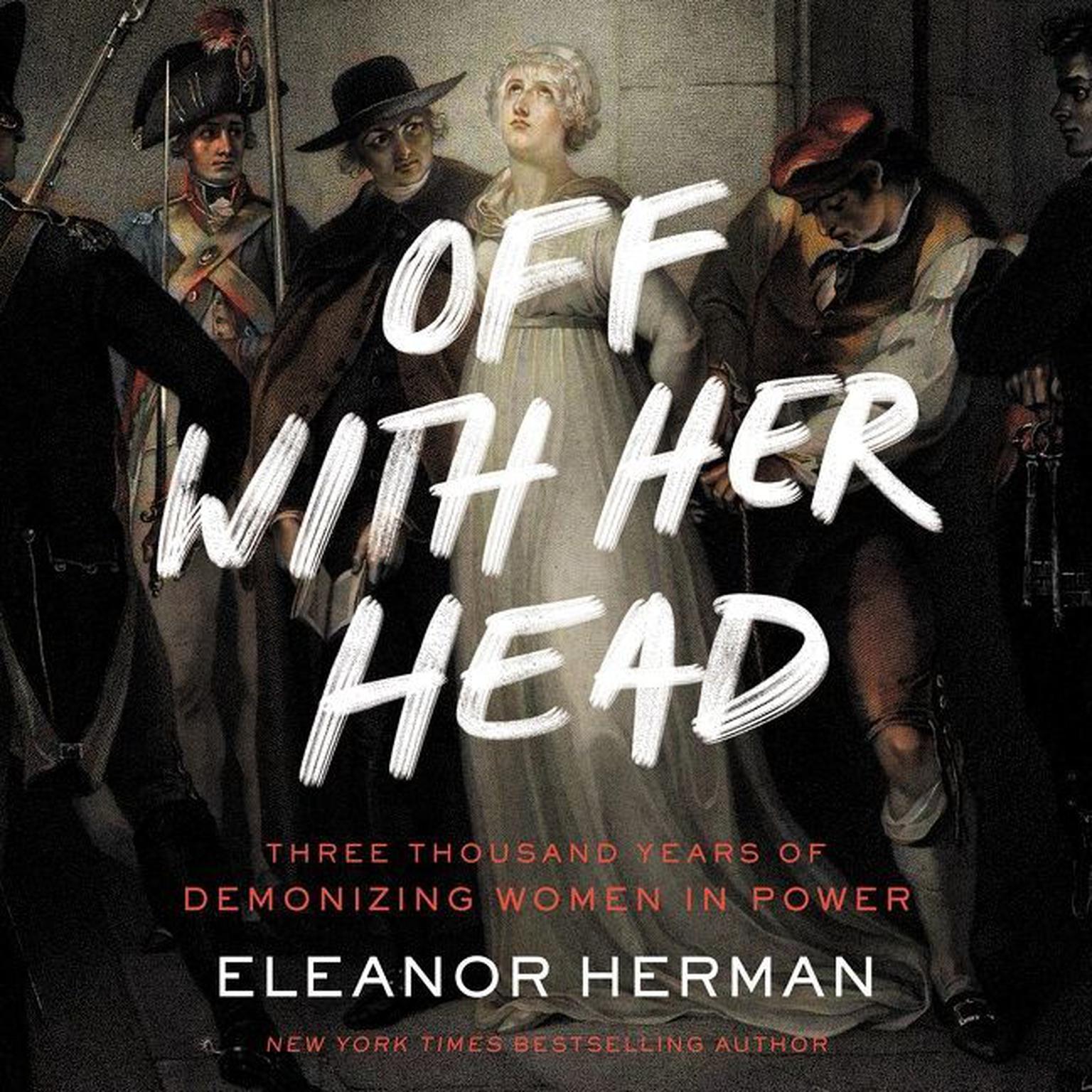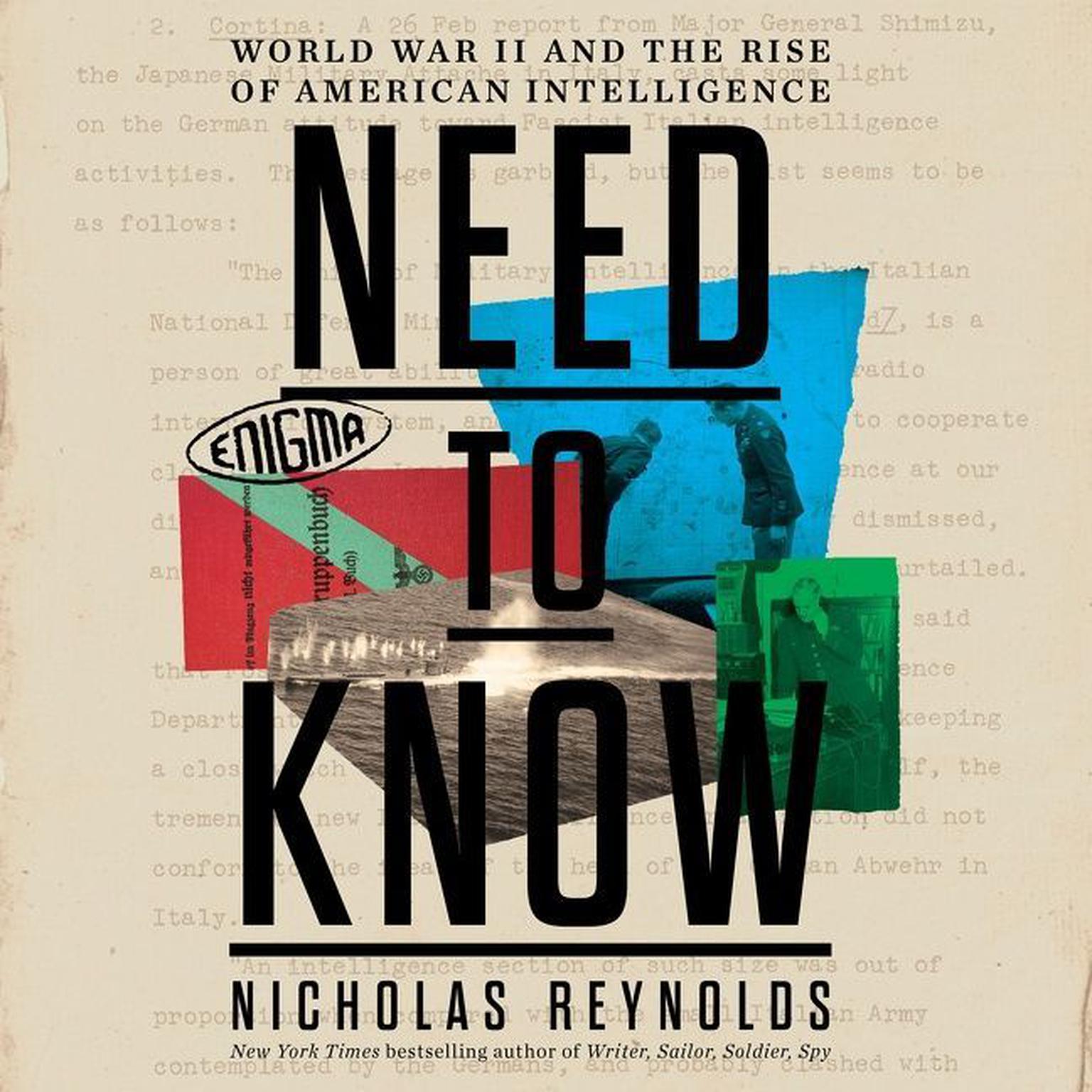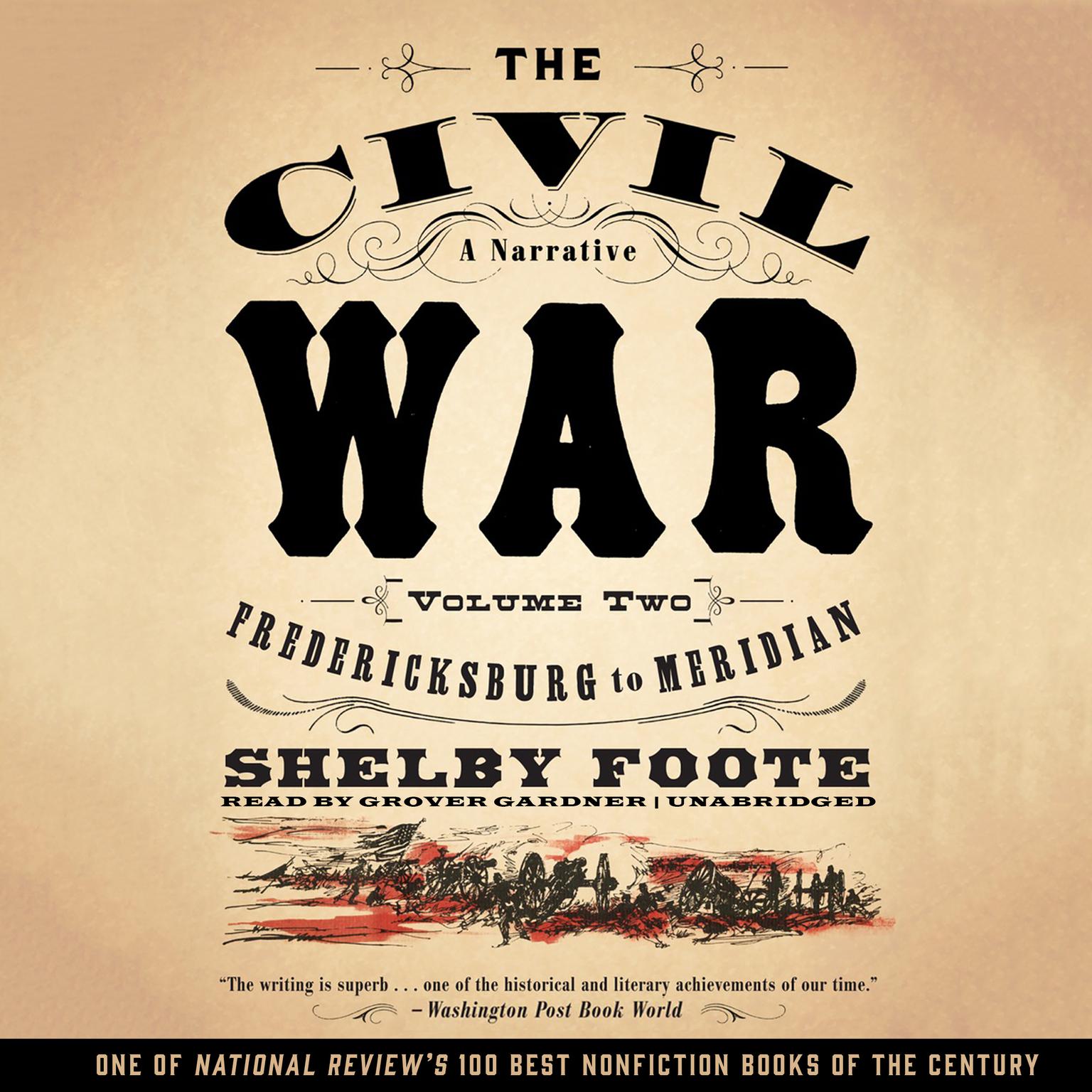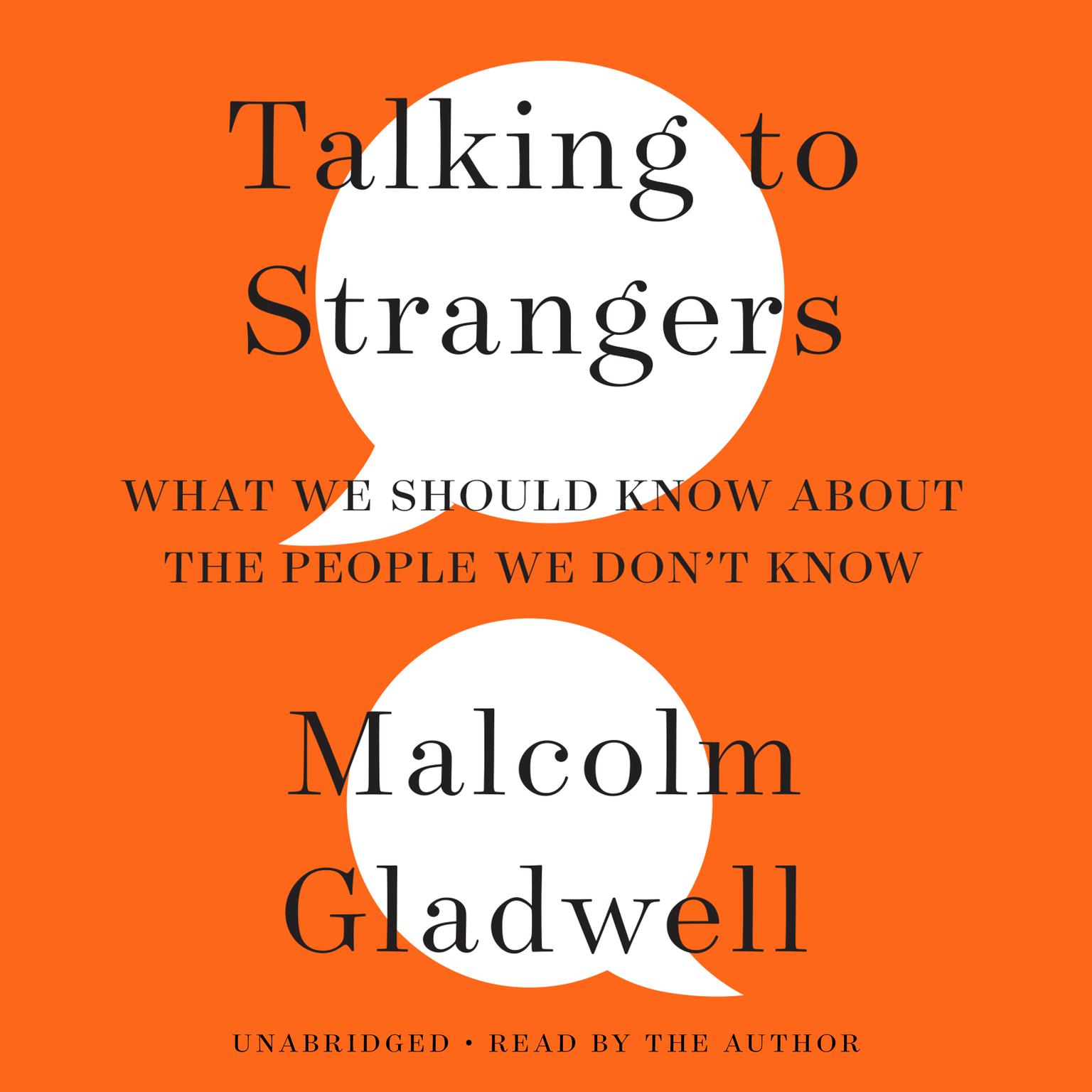Publisher Description
The activist state of the New Deal started forming decades before the FDR administration, demonstrating the deep roots of energetic government in America.
In the period between the Civil War and the New Deal, American governance was transformed, with momentous implications for social and economic life. A series of legal reforms gradually brought an end to nineteenth-century traditions of local self-government and associative citizenship, replacing them with positive statecraft: governmental activism intended to change how Americans lived and worked through legislation, regulation, and public administration.
William J. Novak shows how Americans translated new conceptions of citizenship, social welfare, and economic democracy into demands for law and policy that delivered public services and vindicated people’s rights. Over the course of decades, Americans progressively discarded earlier understandings of the reach and responsibilities of government and embraced the idea that legislators and administrators in Washington could tackle economic regulation and social-welfare problems. As citizens witnessed the successes of an energetic, interventionist state, they demanded more of the same, calling on politicians and civil servants to address unfair competition and labor exploitation, form public utilities, and reform police power.
Download and start listening now!
